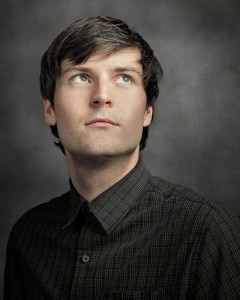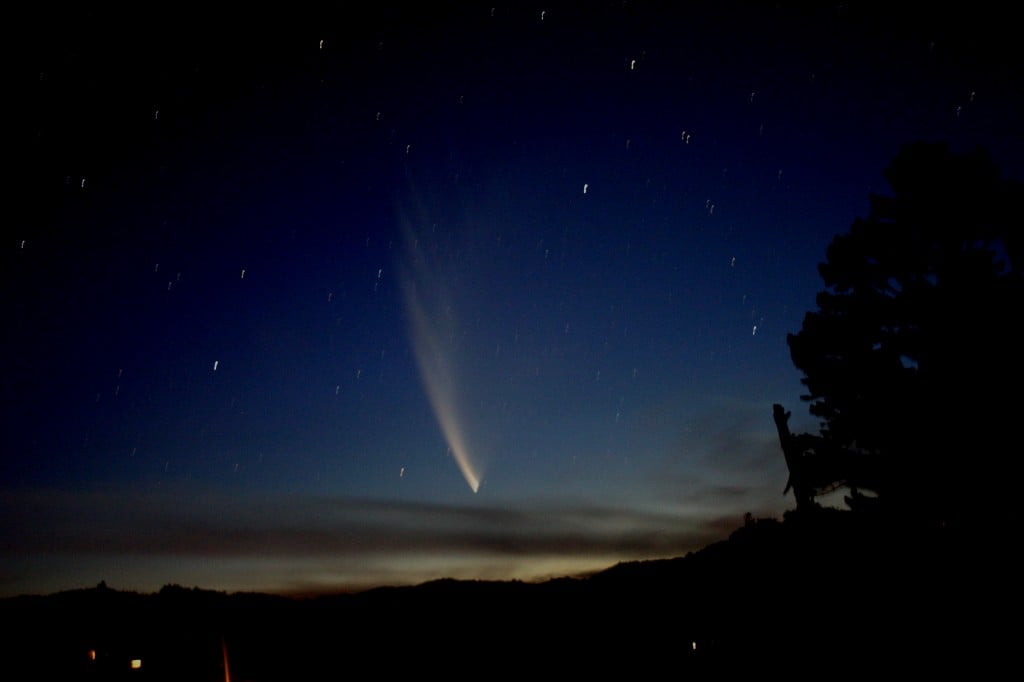 Brian Gee received an M.A. in Biblical Exegesis from Wheaton College. When he’s not working, Brian enjoys writing from his own experiences at the intersection of faith and sexuality. Originally from southern California, he lives in Chicago’s western suburbs with his wife and two kids. You can check out more about Brian, or get in contact with him, at http://briangee.me.
Brian Gee received an M.A. in Biblical Exegesis from Wheaton College. When he’s not working, Brian enjoys writing from his own experiences at the intersection of faith and sexuality. Originally from southern California, he lives in Chicago’s western suburbs with his wife and two kids. You can check out more about Brian, or get in contact with him, at http://briangee.me.
You sound like such a little girl, a grade–school classmate once told me in.
I’ll change my voice, I told myself. Try to make it lower. Maybe then they won’t notice me.
So I did. But their eyes kept staring at me, and their voices continued to taunt me.
You walk so gay, the schoolyard kids laughed as they mockingly pushed their hips from side-to-side.
I’ll change my step, I said. Slump my shoulders, too. Maybe then they won’t notice me.
So I did. But their eyes kept staring at me, and their voices continued to taunt me.
Look, Brian Gee has a “V”, they greeted me every morning throughout sixth grade–“V” being short for vagina, an anatomical synecdoche whose immediate referent was over my head, though I understood the intended meaning.
I’ll try to break my leg or arm or something, I said. They think casts are cool.
So I tried. But my leg wouldn’t break, and their eyes kept staring at me, and their voices continued to taunt me.
Throughout late elementary and junior high school, I endured torrents of these types of comments from my classmates. I tried to be strong. I tried to be mature in the face of immaturity. I tried to tell myself that what they said didn’t matter.
Of course, what they said mattered deeply. Every abusive word carved an inoperable scar into my young heart and mind.
There were mornings that tears would pour down my face as I begged my family to let me stay home from school. At home, I could escape into the world of Nintendo or Polly Pocket or Legos or food. I was safe from the voices and the stares. At home, my voice and mannerisms couldn’t betray me for that thing that others could see instantly, the thing that as a young, conservative, evangelical Christian I could not be.
The end of my freshman year of high school would also bring an end to the bullying. Thanks to some major weight loss and a sophomore year spent at the L.A. County High School for the Arts, I had the rare chance to reshape who I was. By the time that I returned to my local high school to begin my junior year, those voices seemed like a quiet memory.
But it turns out that memories have powerful voices of their own.
So powerful, in fact, that they had crept inside my own head and were now disguised as my thoughts about myself, not the thoughts of others toward me. Throughout the next decade, I lived under their crushing accusations without even knowing it.
I continued to scrutinize every mannerism down to the movement of my wrist, making sure that it did not go limp as I made a point with my hands. I forced myself to listen to rock music, supposing that a fained knowledge of The Beatles and Audio Adrenaline would buy me the favor of friends that my real passion for classical viola could not. I couldn’t look into a mirror without thinking I was fat and ugly; I couldn’t hold a friendship without assuming that it was in part out of pity for me; I couldn’t talk about my sexuality unless it was couched within the religiously-faithful auspices of a “struggle”.
In all areas that hinted of my “otherness”, I constructed for myself a façade that could only be deconstructed in the privacy of my own room, and only then in my deepest moments of melancholy. Though I had never sought to change my orientation, I nonetheless subconsciously combated anything that would lead others–or even myself–to suppose I was different. That I am gay.
Reversing that process has been as difficult as it has been long.
I’ve had to learn that God loves me in the ways that he has made me. That he pursues a relationship with me more than I will ever pursue him. That in God’s eyes, I am neither wrists nor waist, adam’s apple or attractions. In each of my idiosyncrasies, God has given me a gift that I am supposed to use to communicate hope and life to others–even those who once sought to harm me.
The pitch of my voice tells others that God is good.
The movement of my wrists are a symbol of God’s care for me.
The way I emote to music, art, fashion–and even sports–reflects part of the personality of God himself.
The cold effectiveness of bullying lies in its ability to affect the way that we think about ourselves and others long after the words have stopped. The beauty of the gospel is that it reminds us that the only opinion about ourselves that matters comes from the one who created us in his image. That no matter how deep the scars run, grace runs deeper.
And in that truth, we can find a lesson for how we engage with one another as we work to build bridges across the deep pits of our relational scars.
On the one hand, we can become bullies who, in the name of promoting our arguments, communicate a deeper, more troubling message: that those with whom we differ are less worthy of love, kindness, and respect, because we believe that they are inferior to us, even if we won’t say it.
Or, we can humble ourselves, even toward those with whom we disagree. Like Jesus with the tax collectors and the sinners, we can recognize the dignity of every person, and we can make the choice to treat them with love and respect no matter whose argument is winning the cultural or political game.
Because at the end of the day, the most important thing is not whether we agree, disagree, or agree to disagree. It’s not about a simple question or a straight answer. The most important thing is how we treat one another in the midst of our disagreement, and how we can work together to help those around us. When we get that right, we realize that the greatest dignity is not in receiving an affirmation of ourselves, but in serving together as an affirmation of the dignity and worth of all of God’s creation.
Much love.











